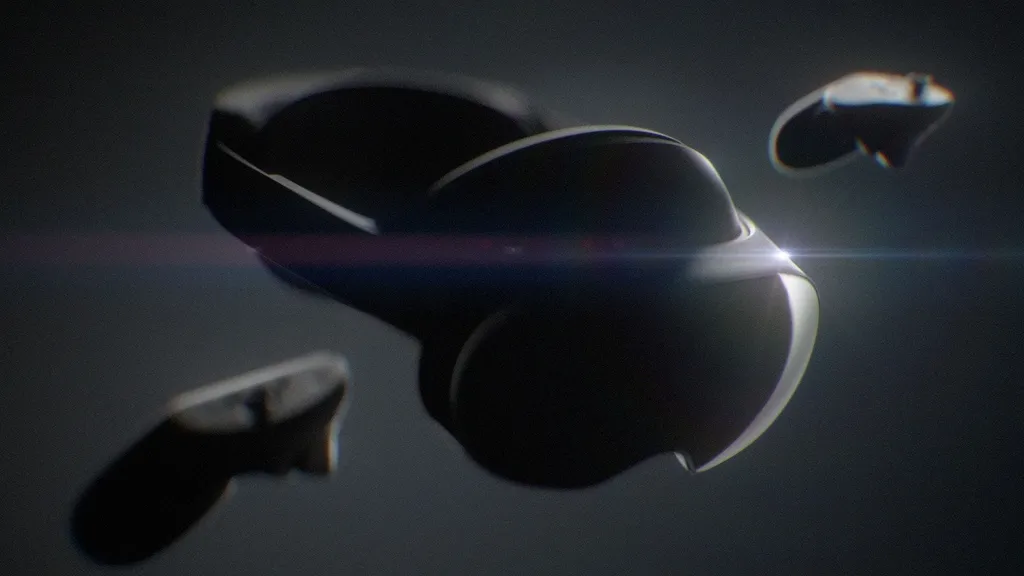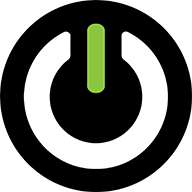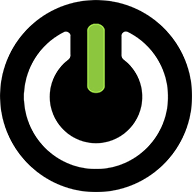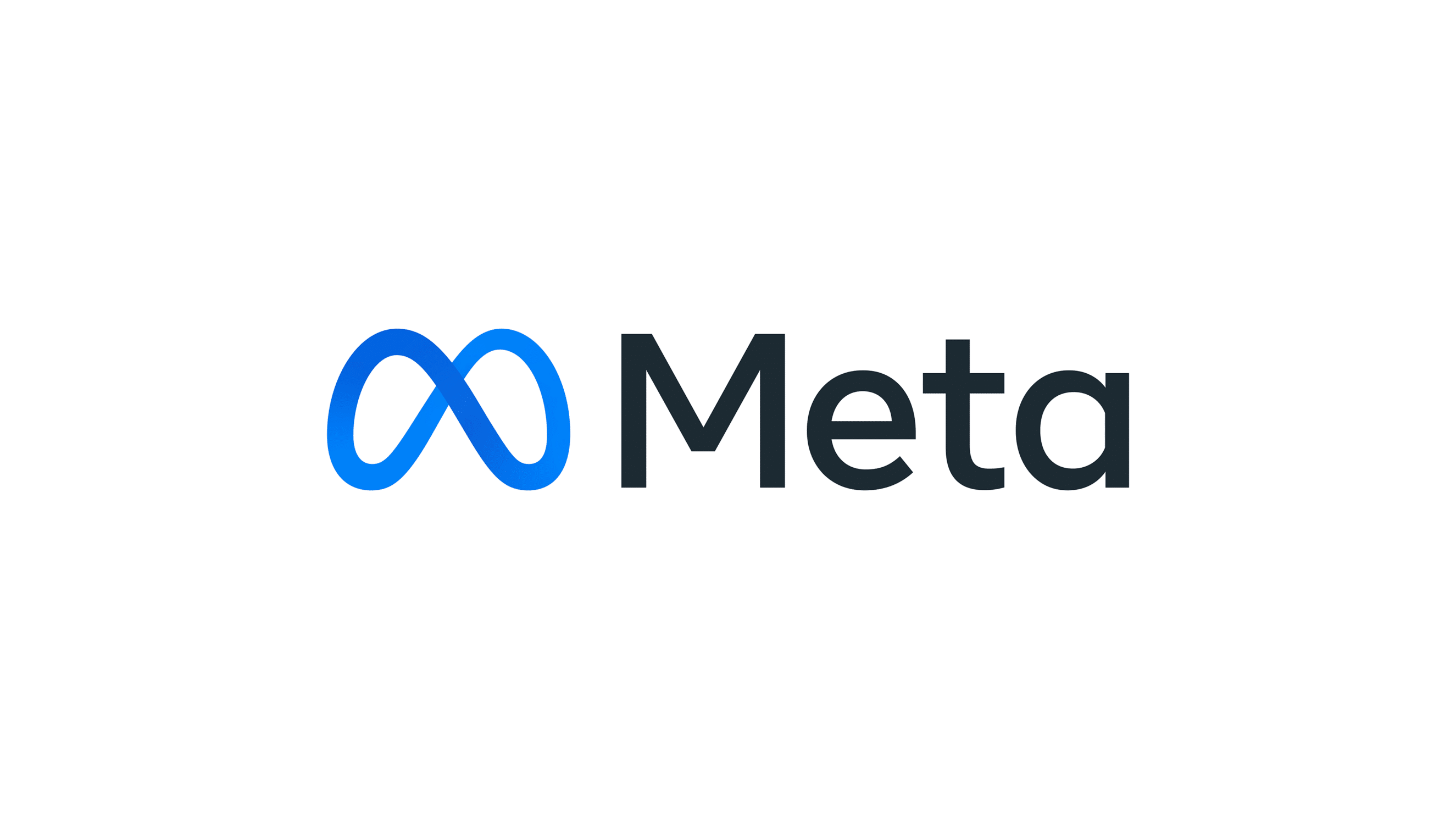Meta's CTO confirmed to The Verge earlier reporting about two 2027 headsets, one canceled and the other being worked on.
The reporting in question came from The Information back in August. The outlet first reported that Meta CEO Mark Zuckerberg and CTO Andrew Bosworth canceled La Jolla, the high-end headset they had planned for 2027 that likely would have been a Quest Pro 2. Five days later, it reported that at the same meeting this decision was made, they greenlit an ultralight headset with a tethered compute puck for the same year.
In the latest edition of his newsletter, The Verge's Alex Heath writes that during his discussion with Bosworth while he was at Meta trying the Orion AR glasses prototype, Bosworth confirmed these two reported decisions and explained Meta's approach to developing new hardware.
According to Heath, Bosworth cited the "tepid reaction" to the original Quest Pro as the reasoning for canceling La Jolla. But arguably more interestingly, Bosworth detailed the stages of Meta's hardware development cycle:
- Pre-Discovery: a dedicated team is always "prototyping the craziest stuff", creating a "proof of experience" for each idea.
- Discovery: a "small number" of Pre-Discovery concepts are approved by executive review to proceed to the Discovery phase, where "a few" employees examine the practicalities of industrial design and cost.
- Prototyping: if deemed practical, Discovery concepts are prototyped, involving "maybe 10 times more people", who build integrated hardware and software to bring the concept to life.
- Engineering Validation Test: "roughly half" of those prototypes go to this final stage, where they are put on the product roadmap. Of these EVTs, Meta executives apparently kill “about half” before they ship, while the others release to the public.
Heath says Bosworth told him the ultralight headset with a puck, codenamed Puffin, was moved from Pre-Discovery to Discovery. That means it could still be killed off in Prototyping or the EVT phase.
There's no mention of what stage La Jolla was at.
































